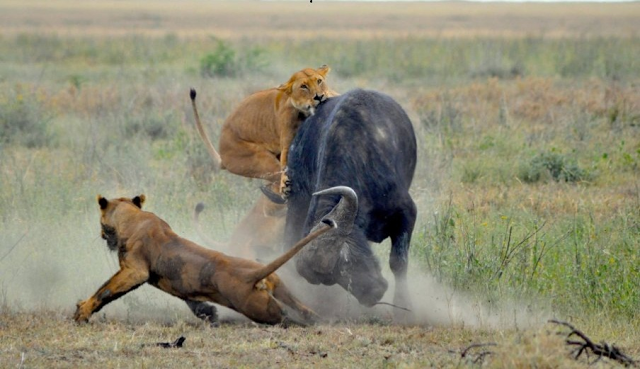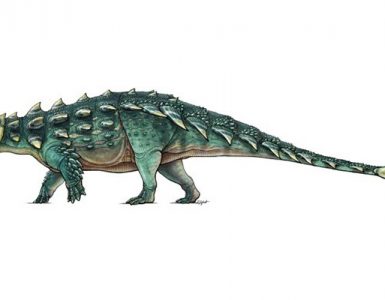This level of organizational structure and function has not been found before in the ecosystem. When it comes to the ecosystem, the biologists know a lot of things and various formulae’s and mathematical laws that govern body functions like metabolism and growth but none of them indicate that such type of a law would exist in nature. The new findings are also being dubbed as a new law of nature by some scientists.
Ian Hatton revealed that he went to high school in Zimbabwe and spent his vacations in the National parks there. He always had the idea of comparing whole communities of African animals across protected ecosystems to see how the numbers of carnivores are related to their herbivore prey at the scale of whole landscapes. For the study, Ian and his colleagues added up the numbers of all the carnivores like lion, hyena etc. and the number of herbivores. Such a process was repeated in many parks and all of them gave an unexpected but consistent result.
Hatton said, “Until now, the assumption has been that when there is more prey, you’d expect correspondingly more predators. But as we looked at the numbers, we discovered instead, that in the lushest ecosystems, no matter where they are in the world, the ratio of the predators to their prey is greatly reduced. This is because with greater crowding, prey species have fewer offspring per individual.”






















